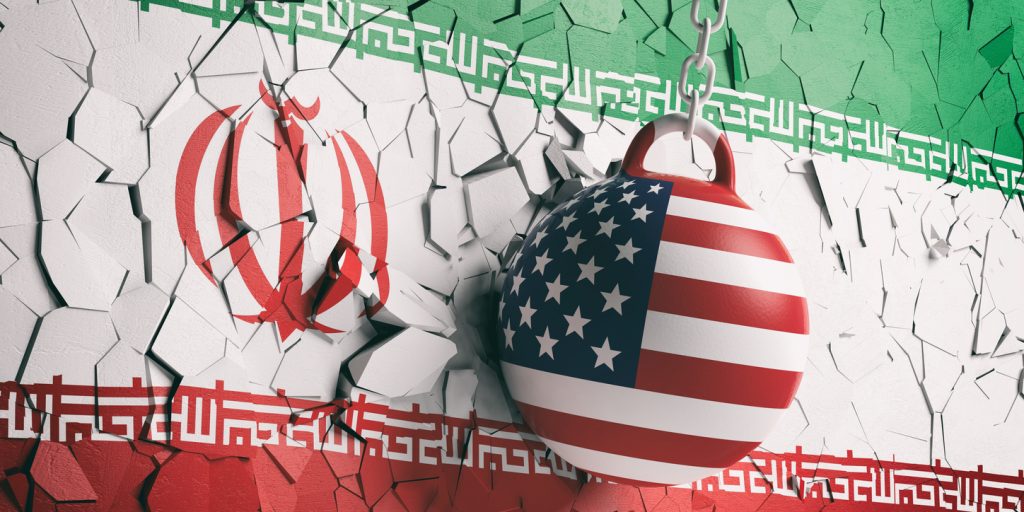Understand Your Rights. Solve Your Legal Problems


Last Thursday, the White House revealed that US President Donald Trump personally authorized the targeted drone strike against officials visiting Baghdad. Commander and general of the Quds Force, an Iranian military division, was killed in the strike. According to the US president, this action was taken to “end his reign of terror.”
According to a statement via Twitter, UN Special Rapporteur on Extra-judicial Executions Agnes Callamard says: “The targeted killings of Qasem Soleiman and Abu Mahdi Al-Muhandis are most lokely unlawful and violate international human rights law: Outside the context of active hostilities, the use of drones or other means for targeted killing is almost never likely to be legal… To be justified under international human rights law, intentionally lethal or potentially lethal force can only be used where strictly necessary to protect against an imminent threat to life.”
#Iraq: The targeted killings of Qasem Soleiman and Abu Mahdi Al-Muhandis are most lokely unlawful and violate international human rights law: Outside the context of active hostilities, the use of drones or other means for targeted killing is almost never likely to be legal (1)
— Agnes Callamard (@AgnesCallamard) January 3, 2020
In short, the US administration cannot prove or has not yet demonstrated that Soleimani was an “imminent threat to life.” For the action to be legal and not in violation of international human rights laws, the US would need to show that Soleiman was in fact preparing to action an event that would lead to loss of life and that “an individual’s past involvement in ‘terrorist’ attacks is not sufficient to make his targeting for killing lawful.”
The recent drone strike resulted in the deaths of Qasem Soleiman and Abu Mahdi Al-Muhandis and were reported worldwide last week, including the relevant mourning among nationals in Iran.






